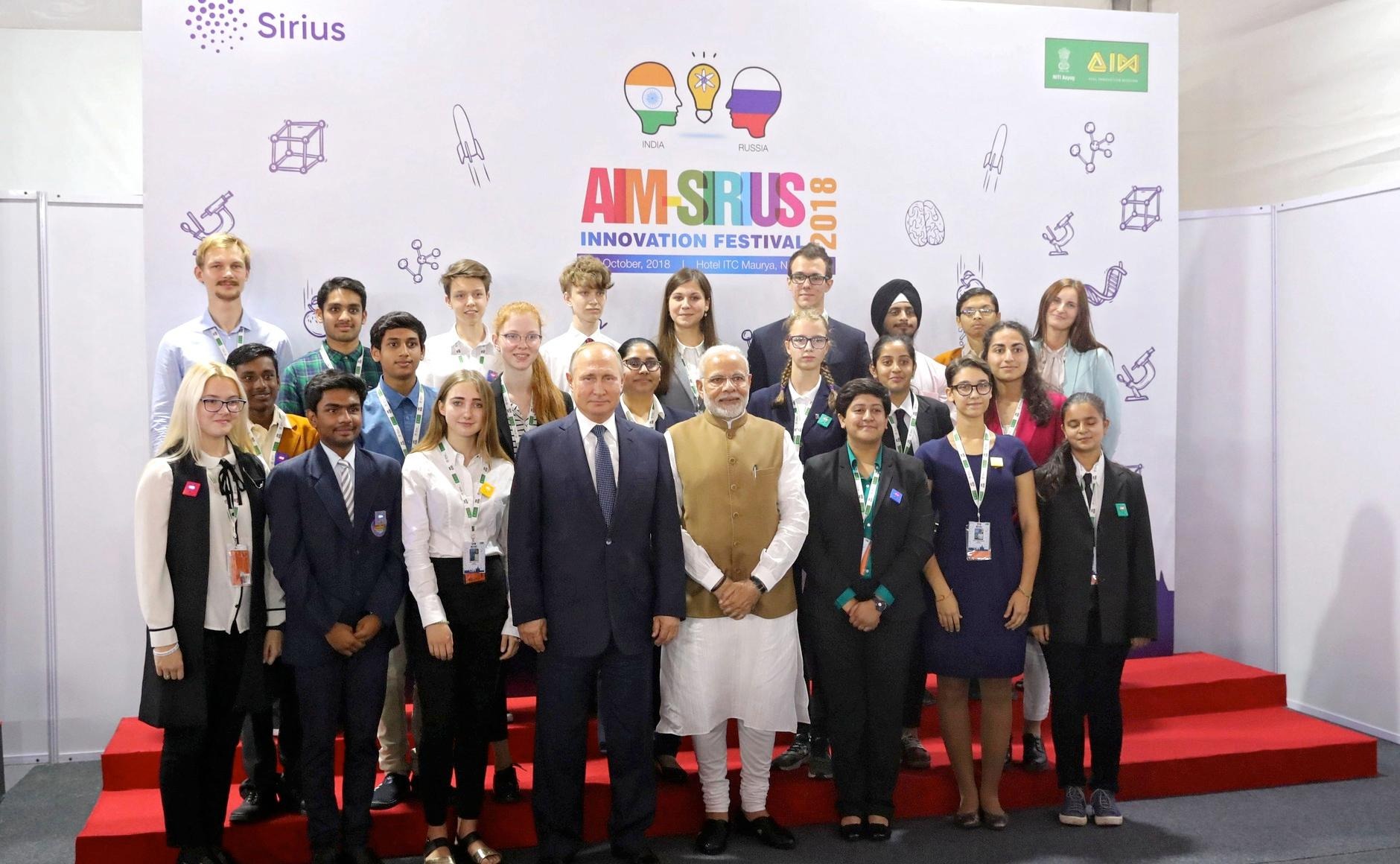ANTI-SEMITISM AND THE RUSSIAN OLIGARCHS
ANTI-SEMITISM AND THE RUSSIAN OLIGARCHS
On January 27 Russian President Vladimir Putin took part in the ceremonies marking the 60th anniversary of the liberation of Auschwitz. On January 24, Associated Press received a copy of a letter to the procurator-general signed by 20 Russian lawmakers, calling for “the prohibition in our country of all religious and ethnic Jewish organizations as extremist.”
The letter argued that the United States “has become an instrument for achieving the global aims of Judaism. It is possible to say that the entire democratic world today is under the monetary and political control of international Judaism, which high-profile bankers are openly proud of.” State Duma deputy Alexander Krutov of the nationalist Rodina party, organized the letter.
The letter serves as an unwelcome reminder that some Russian politicians are still toying with the anti-Semitism card. The Russian authorities are unlikely to respond to the request, although Russian law does allow groups to be banned for promoting ethnic or religious extremism.
Ninety percent of Russia’s Jews have emigrated over the past 30 years. Just 230,000 people identified themselves as Jews in the 2002 census, although the actual number is probably several times greater. At the same time, the visibility of Jews in Russian political life has been boosted by the rise and fall of the “oligarchs”: the small group of bankers and entrepreneurs who accumulated massive wealth in the 1990s and parlayed that wealth into political influence. Six of the top seven oligarchs have some Jewish ancestry.
The rise of the oligarchs caused some anxiety in the Jewish community, because their public visibility might trigger popular resentment, causing all the ills of the capitalist transition to be heaped on the heads of the Jews. These fears peaked in 1999, after the disastrous economic crash of 1998, and when Boris Berezovsky and Vladimir Gusinsky were engaged in a nasty public battle for power in the run-up to the State Duma election.
Since becoming president, Putin has systematically dismantled the oligarchs’ political power. He took over Berezovsky’s and Gusinsky’s media empires in 2000, driving them out of the country, and he approved the arrest of Yukos owner Mikhail Khodorkovsky in 2003.
To what extent is Putin’s assault on the oligarchs connected with anti-Semitism? Although no major non-Jewish oligarch has been arrested, the government has refrained from anything that hints of anti-Semitism. There is nothing in Putin’s background or public statements to suggest that he harbors such views. (Although in an interview on December 23, he let slip an odd comment warning against the rise of “anti-Russian, Zionist” slogans in Ukraine.)
The political neutralization of the oligarchs, together with the economic and political stabilization ushered in by Putin, should pre-empt moves by radical nationalists to use popular antipathy towards the oligarchs as the basis for an anti-Semitic campaign.
Avi Becker wrote in Ha’aretz last August that the Kremlin is “being cautious not to turn the struggle against the oligarchs into a struggle against Jews” (www.ncsj.org/AuxPages/080204Haaretz_oligarch.shtml ). Figures such as Berel Lazar, chief rabbi for the Federation of Russian Jews, and Yevgeny Satanovsky, president of the Russian Jewish Congress, have defended Putin’s handling of the situation (though it should be noted that in contemporary Russia it is unwise for anyone to criticize the president).
In its latest report on Russia, the Anti-Defamation League concluded, “With the emergence of the Russian democracy in the last decade, Russia no longer has state-sanctioned anti-Semitism.” Russia has good relations with Israel, and Putin himself has traveled twice to that country. Khodorkovsky’s ethnic background (his father is Jewish) has not been discussed in the public press, although the ADL found that it featured in about half the Russian Internet chat rooms devoted to Yukos.
Understanding where the oligarchs came from may help explain the absence of a virulent anti-Semitic campaign. Just why so many of the oligarchs had a Jewish background is something of a sociological conundrum. The idea that there was some sort of Jewish conspiracy can be ruled out. The oligarchs were self-made men from all corners of Russia—and without any particularly strong roots in Jewish culture. They did not conspire with each other until after they became economically successful. Even then, they fought more often than they worked together.
In his recent book The Jewish Century, Yuri Slezkine argues that throughout history the Jews’ marginal status obliged them to be more adaptable and entrepreneurial. This was good preparation for coping with the collapse of the Soviet Union and its centrally planned economy, which opened up unprecedented economic opportunities. Ethnic Russians, as members of the majority ethnic group that controlled the political and social hierarchies, were less willing to change, and less willing to risk failure, which is intrinsic to entrepreneurship. Berezovsky himself told Argumenty i Fakty in 1998, “Because of our history Jews know how to lose and then get back up on their feet again. But even the most talented Russians don’t have this ability. They can’t take the blow, and they’re completely out of the game after their first loss.”
In addition, Israel gave Jews an exit option in case of failure, which other Russians lacked. (Of course Russians who succeeded in business could take their money and leave, and many have done so.)
If valid, this theory may help explain the relative equanimity of the Russian public to the rise and fall of the oligarchs, and the inability of radical nationalists to use it to ignite a popular movement. The oligarchs took risks that others were unwilling to shoulder, and correspondingly reaped the rewards, and paid the price.
Ordinary Russians have a complex attitude towards the oligarchs, part resentment and part envy, even respect for their spectacular achievements. If they hate them, it is more because they are oligarchs than because they are Jews. However, this could change if radical nationalists were to get state backing in spreading their anti-Semitic message.


